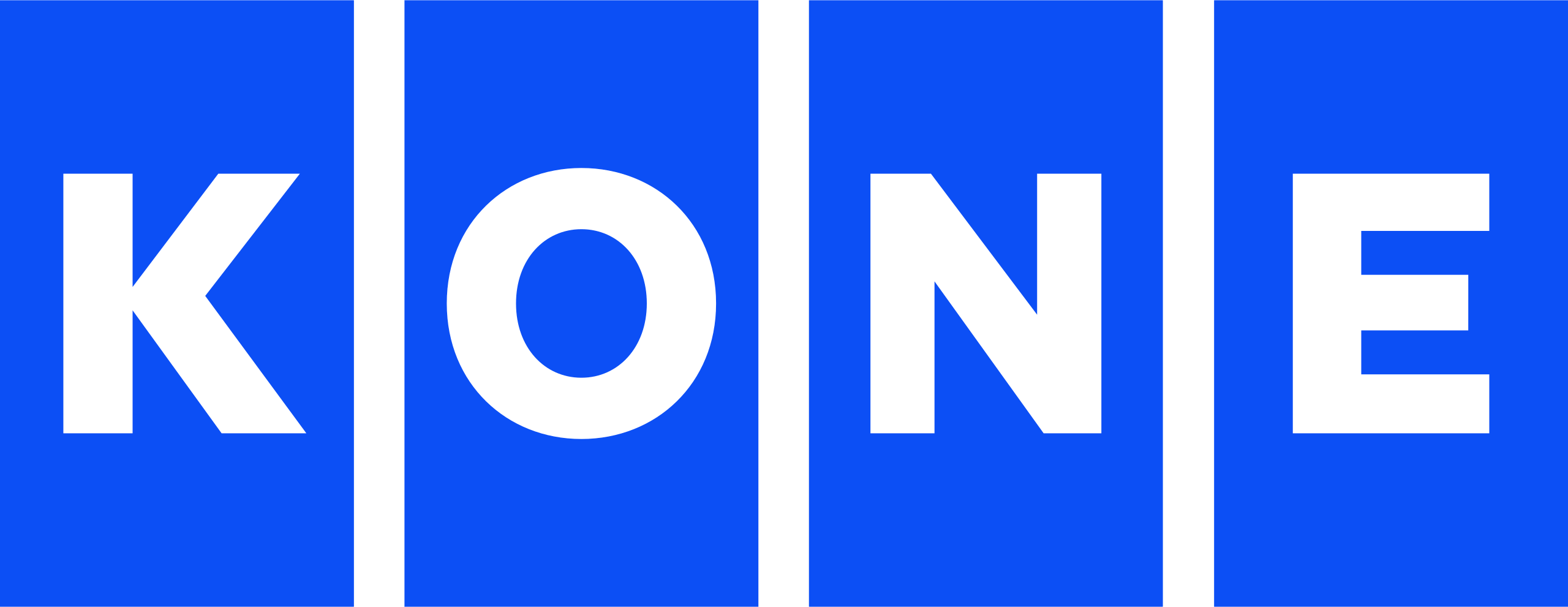
Associate SE Lead
- 中国
- 长期
- 全职
- Accountable for ensuring overall system level technical consistency.
- Responsible for advising and guiding the teams on technical risk assessments, Corrective Actions (CAs), simulations, root cause analysis and incident investigation.
- Accountable for governing the interfaces within a system which are not critical from integration and business point of view.
- Responsible to refer Interfaces which affect system architecture (system level, cross-category, and category level) to Systems Architecture Management (SAM) governance, who has decision making authority on such critical interfaces.
- Accountable to ensure that Interfaces within responsibility are defined as per the system level requirements, and the corresponding Interface requirements are properly documented and maintained in relevant KONE tools. E.g., In case of elevator and escalator platforms, systems engineers are accountable for interfaces that are not managed in the system architecture management process. (Criteria on how the interfaces are categorized in or out of SE responsibility, are part of the applicable product development processes).
- Accountable for technical system requirements creation and their change management. SEs play the process roles, as a technical expert from system point of view, e.g., as member of extended Core team of development projects
- Accountable and responsible for requirement decomposition and allocation to component and subsystem level, based on the requirements and specifications defined by product manager, architect and other stakeholders.
- Accountable for creation and execution of system integration plan and system Verification & Validation plan. Contributes to review component and subsystem level Verification & Validation plans.
- Accountable and responsible for Interfaces checks during product change management e.g., Change Requests (CRs).
- Accountable for creation and execution of system integration plan and system Verification & Validation plan.
- SE develops Systems Engineering competence, shares know-how within SE community.
- Contributes to optimization of processes (e.g., instructions, guidelines for efficient use of tools for Interface and Requirements mgmt.)
- Contributes to product roadmaps and portfolio prioritization, leveraging deep knowledge of the products and their engineering.
- Quality of Projects and Releases Technical Solution at system level (e.g., FYCOR, EFR)
- # of CRs verified for system interface check
- # of System level Corrective Actions
- # of System Level requirements
- #Verification and Validation Coverage at System Level
- System thinking – capability to understand complex systems, their dynamics, and interactions, and break them down to actionable inputs to different stakeholders.
- Experience and knowledge of Systems Engineering practices for physical and/or digital products:
- Requirements Engineering
- Interface mgmt.
- System architecting
- Awareness of “Design for X” methodologies
- Integration and implementation
- Verification & validation
- Systems modelling and analysis
- Knowledge of applicable patents on the specific subject matter expertise
- M.Sc. or equivalent.
- Minimum design work experience at least in one main technology area
- Systems Engineer 1: 2 - 3 years
- Senior Systems Engineer 2: 3 - 5 years
- Systems Engineer (KG 4): 7 - 10 years
- Practical knowledge of professional SE work
- English language knowledge
- Working in global cross-functional teams and suppliers
- Fundamentals of elevator, escalator and smart building industry including the digital solutions.
- KONE engineering practices and tools
- Knowledge of the technology architecture of KONE physical products and interfaces to digital solutions
- Knowledge of relevant KONE Way processes and tools
- Knowledge of major stakeholder requirements
- Knowledge of industry related codes & standards
- Knowledge of applicable Safety processes